[draft]
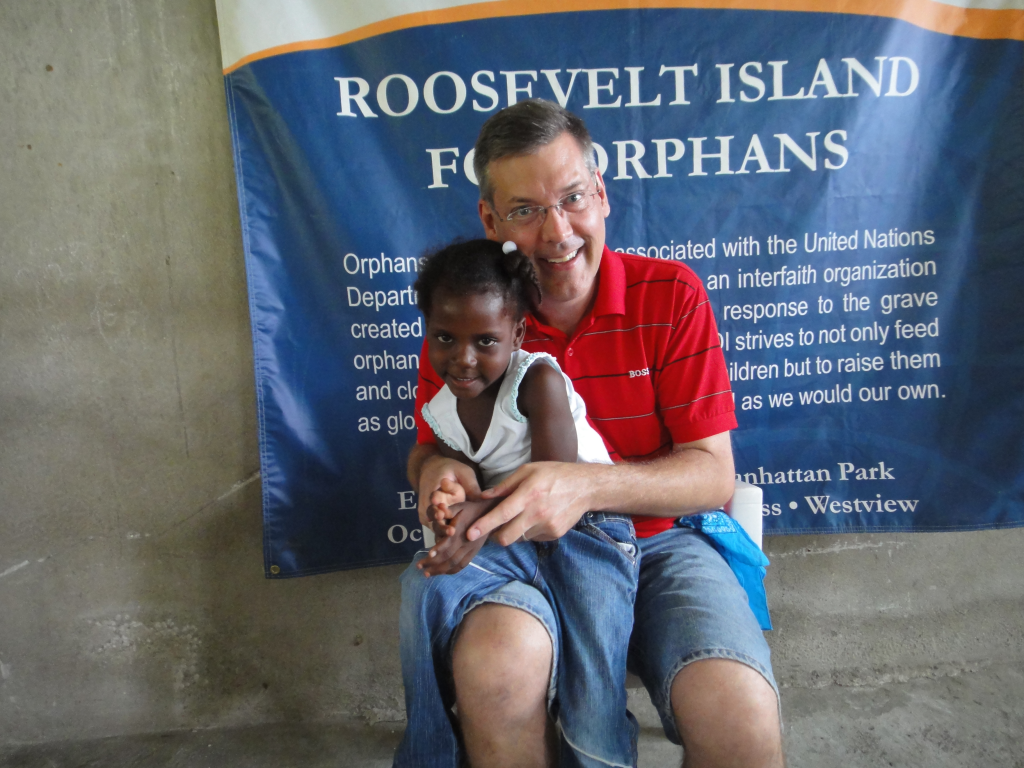
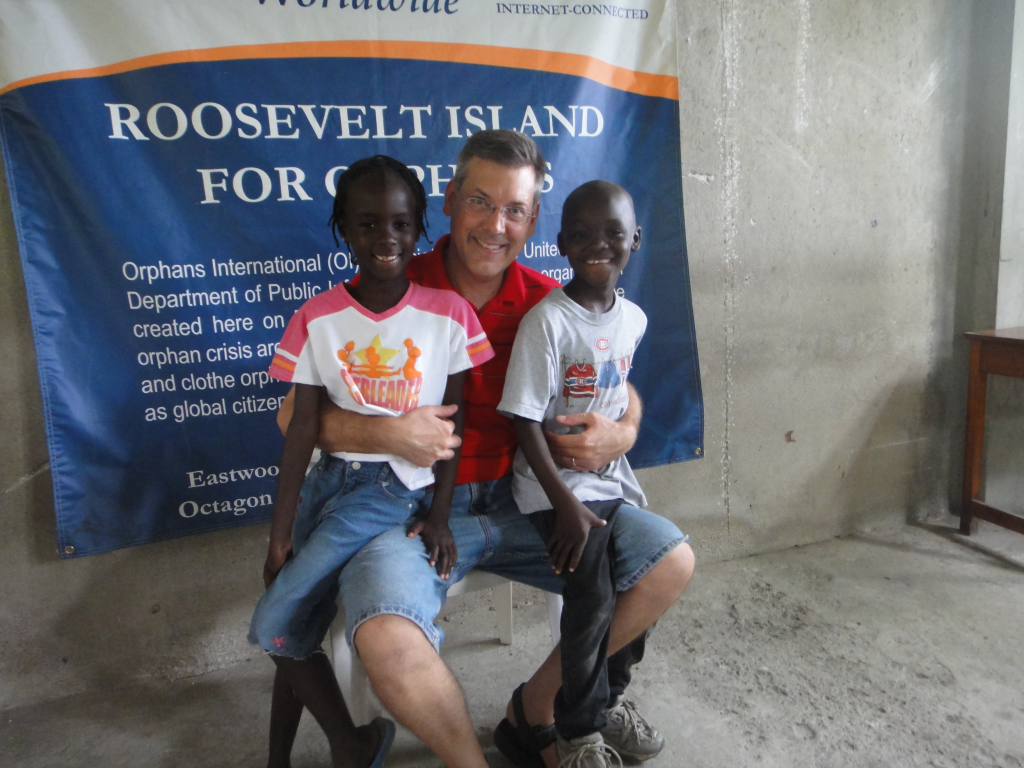
[draft]


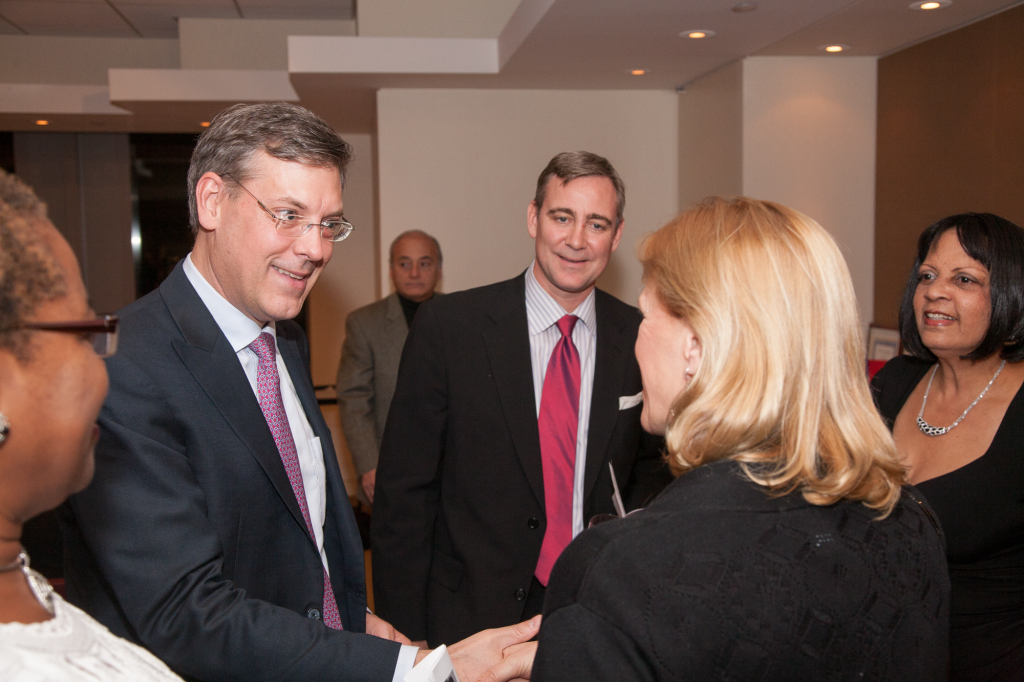
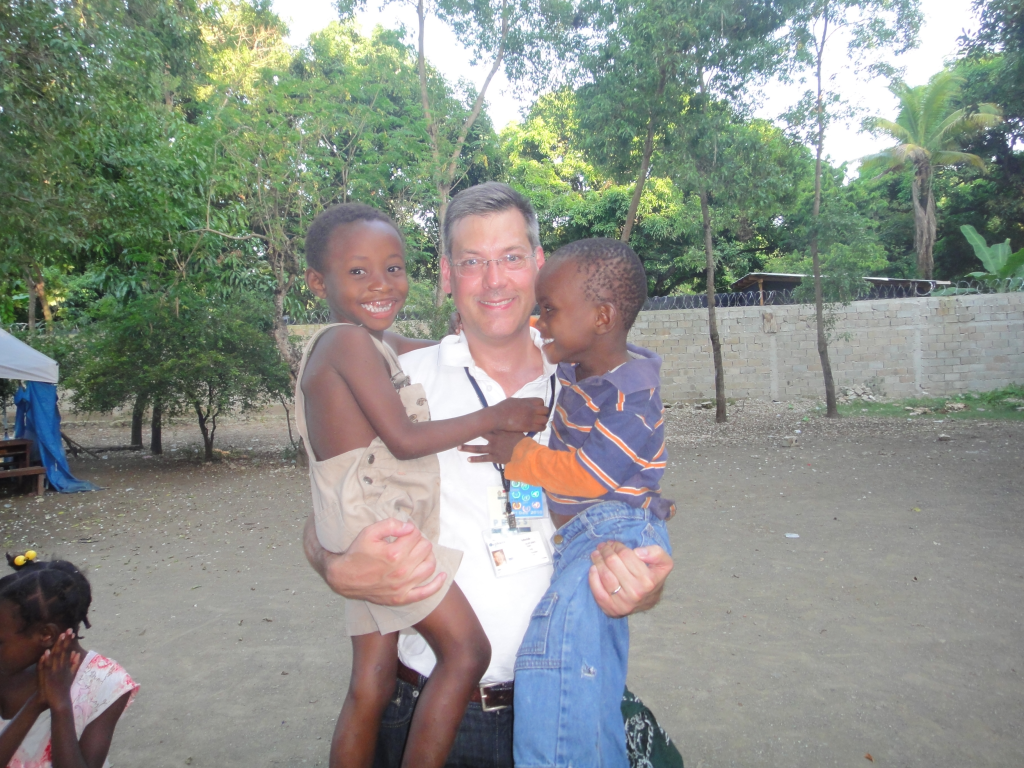
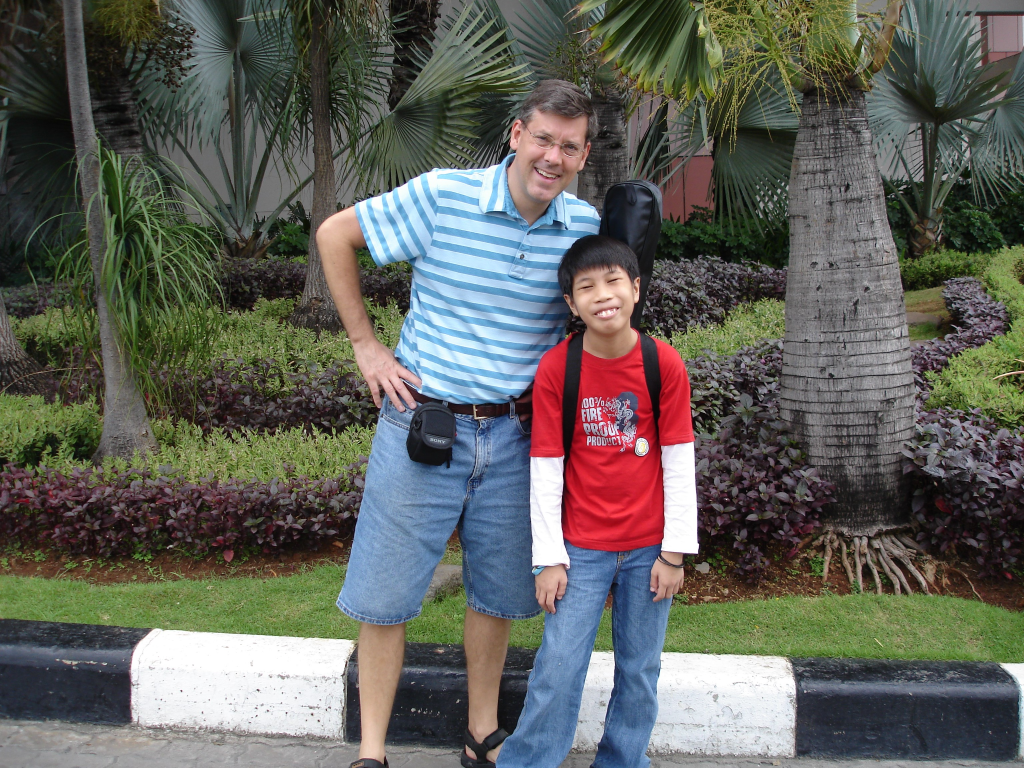
Advertisement

[next]
Advertisement
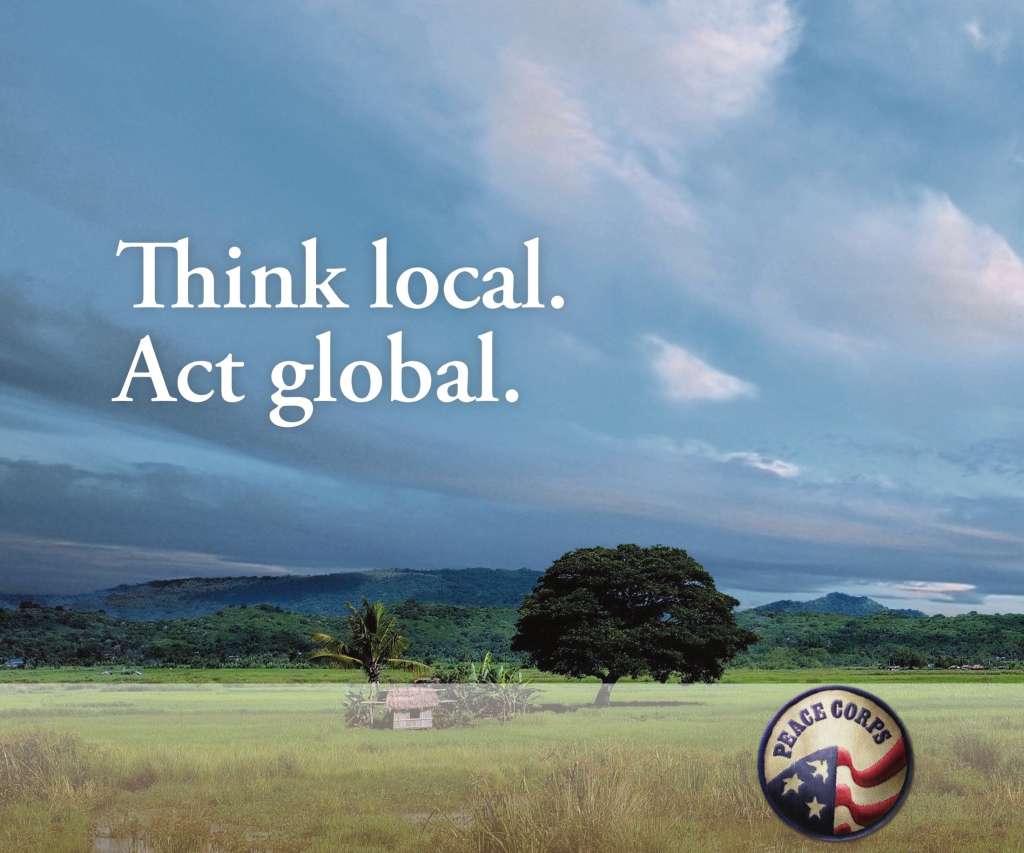
[next]
Advertisement
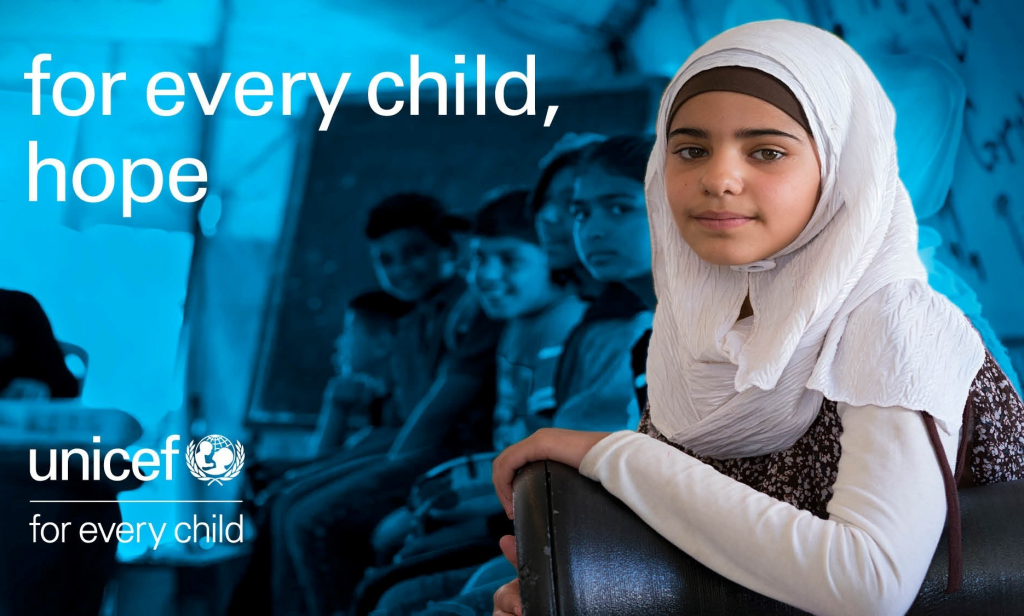
[next]
Advertisement

[next]
Advertisement

[next]
Advertisement

[draft]

Photo: U.N.’s Vesak Day in Colombo, Sri Lanka. Credit: Dhammika Heenpella / CWSSIP Images of Sri Lanka.

[draft]
Vesak Day
x
x
x
x
x
x
x
x
[draft]
National Day, also known as Independence Day, is a Sri Lankan national holiday celebrated annually on 4 February to commemorate the country’s political independence from British rule in 1948. It is celebrated all over the country through a flag-hoisting ceremony, dances, parades, and performances.
Photo: Indian Army contingents marching down the Kartavya Path during the 74th Republic Day, 2023. Credit: Government of India.
[draft]

26 January 1950
Republic Day is a national holiday in India commemorating the adoption of the Constitution of India, and the country’s transition to a republic which came into effect on 26 January 1950.
The original text of the Preamble to the Constitution of India. The Constitution of India came into force on 26 January 1950.
Photo: Helen Keller in profile, 1904. Credit: U.S. Library of Congress’s Prints and Photographs Division.
[draft]


Follow Jim Luce on Facebook, Instagram, LinkedIn, TikTok, and X (Twitter).
© 2024 The Stewardship Report on Connecting Goodness – Towards Global Citizenship is published by The James Jay Dudley Luce Foundation Supporting & Educating Young Global Leaders is affiliated with Orphans International Worldwide, Raising Global Citizens. If supporting youth is important to you, subscribe to J. Luce Foundation updates here.
Activism Asia Children China Civil Rights Climate change Democracy Diplomacy Donald Trump Education Equality Gaza Global citizen Global citizenship Haiti History Human rights Immigration India Indonesia International Law International Relations Israel J. Luce Foundation Japan Jim Luce Leadership LGBTQ+ Mental health New York New York City Orphans International Orphans International Worldwide Palestine Philanthropy Politics Russia Social justice Sri Lanka Thought Leader Trump Trump administration Ukraine United Nations World War II
New York, N.Y. There is no better time in one’s life to gain insights that will last a lifetime than during the teenage years. As I get older, I look back at three of the most impactful experiences of my young lives – all occurring during the hottest months of the year – summer. These experiences not only shaped who I am but also provided invaluable lessons that I carry with us every day. The three I remember most vividly were with the Youth Conservation Corps, the Easter Seals Camp, and the Light Opera Company.
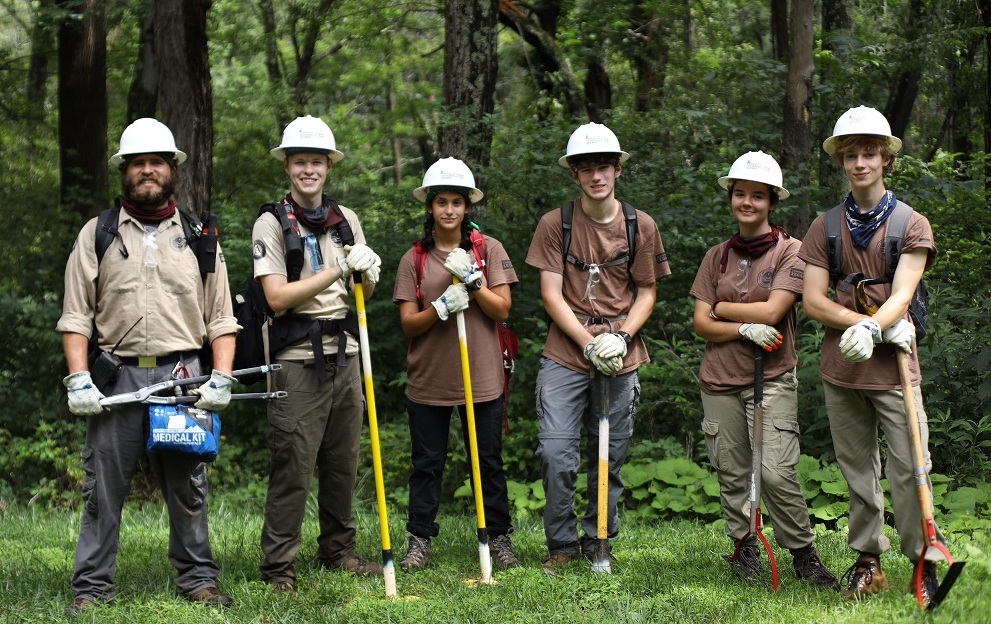
One summer, I had the incredible opportunity to be a part of the Youth Conservation Corps. As Corps Members, we worked in the National Forest, building trails, raking fire breaks, and pruning trees. This hands-on experience in environmental stewardship taught us about the importance of preserving nature and the hard work that goes into maintaining our natural resources. The camaraderie we built with our fellow Corps Members was unparalleled. Together, we learned the value of teamwork, trust, and dedication. These lessons extended far beyond the forest, influencing our perspectives on collaboration and environmental responsibility.
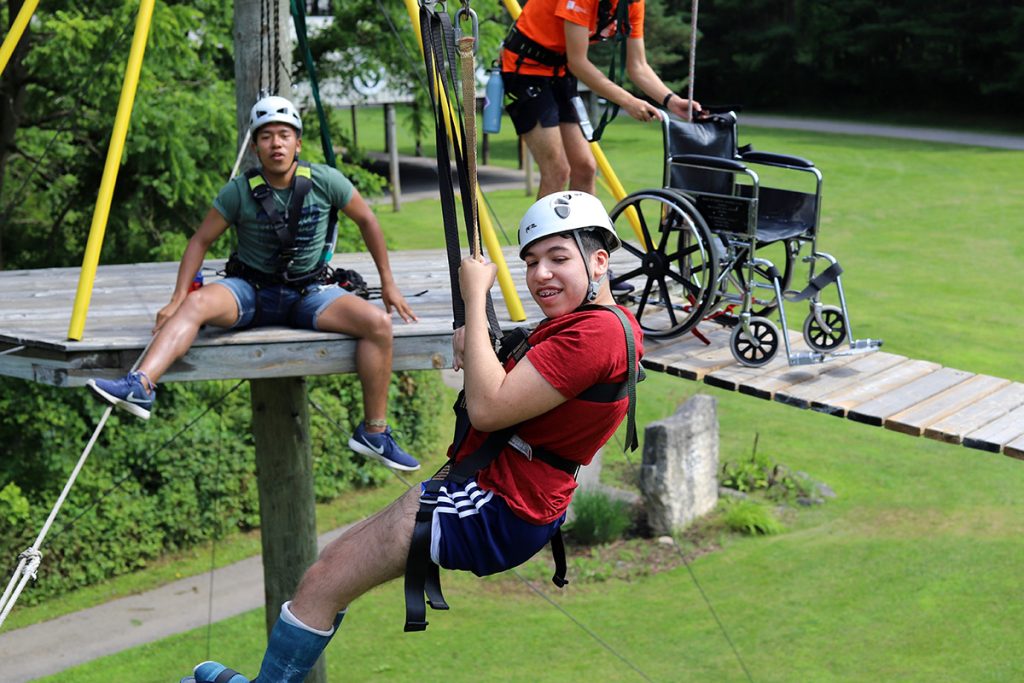
Another unforgettable summer was spent as camp counselors at an Easter Seals Camp. Here, we helped children with disabilities, many of whom had Multiple Sclerosis (MS). This experience was profoundly humbling. We assisted campers in wheelchairs and on crutches, and often had to blend their meals to feed them through straws. These were some of the toughest children I have ever met, teaching us resilience, compassion, and the true meaning of strength. The life lessons we learned from these remarkable kids were unexpected but deeply impactful. They showed us the power of perseverance and the importance of empathy in all aspects of life.

My time with the Light Opera Company as technical interns was another defining summer experience. Working behind the scenes, we were part of a team of “behind-the-curtain wizards” who made the summer stock performances possible. Although we might not have been on stage acting, our contributions were crucial. From painting backgrounds to managing props, we learned about the intricacies of theater production and the importance of every role in a collaborative project. This experience also introduced me to the world of Gilbert & Sullivan, expanding my cultural horizons and appreciation for the arts.
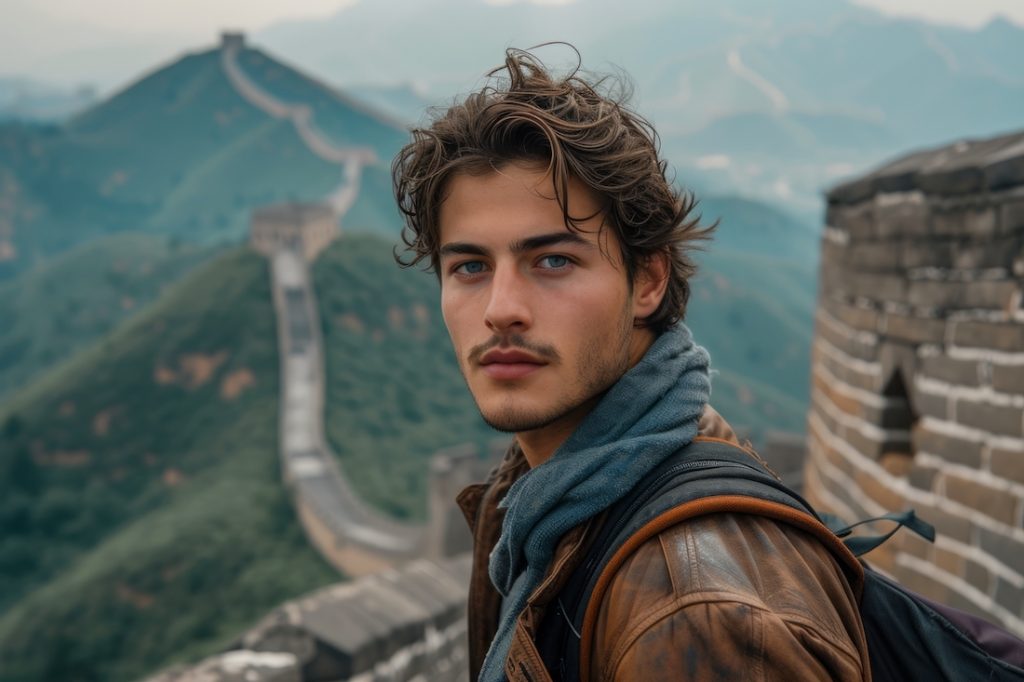
Beyond these specific volunteer experiences, we also emphasize the importance of travel and cultural immersion during the teenage years. Traveling exposes young people to different cultures, languages, and ways of life, broadening their perspectives and fostering a sense of global citizenship. Whether it’s a family trip abroad, a cultural exchange program, or simply exploring new places within one’s own country, these experiences are invaluable. They teach adaptability, open-mindedness, and a deeper understanding of the world.
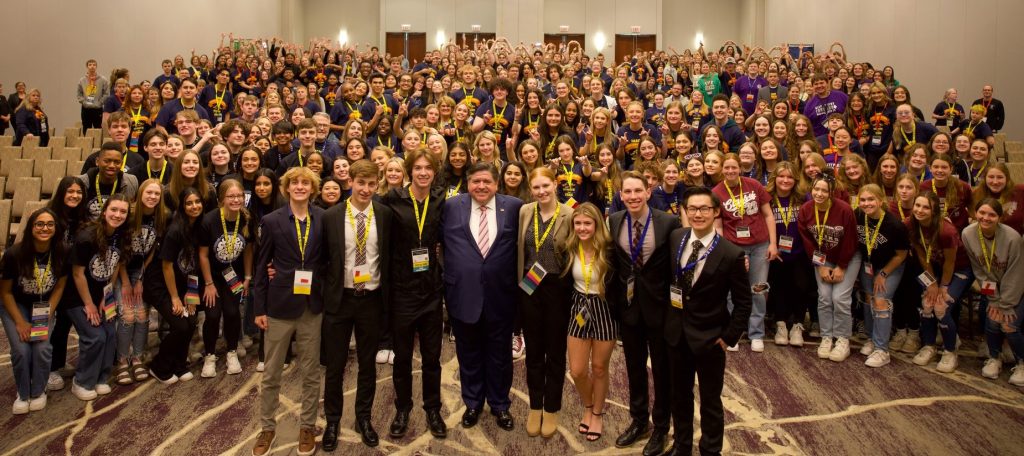
Equally important is participation in ‘professional’ development activities such as band camp, state Student Council, debate, Honor Society conventions, and other structured programs. These opportunities provide teens with a chance to develop leadership skills, pursue their passions, and build a strong foundation for their future careers. Engaging in these activities allows young people to discover their strengths, build confidence, and create lasting friendships with peers who share similar interests.
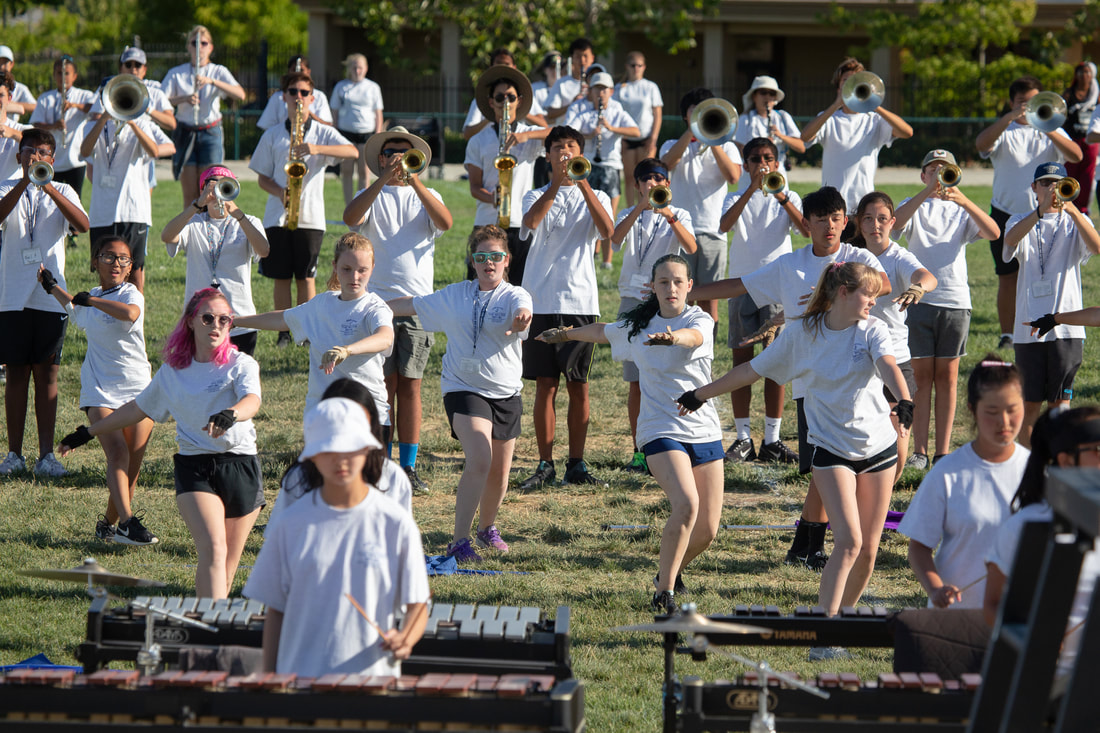
We only get to be teens once, and then we will be dealing with our own teens. It is crucial to spend every summer learning new things and gaining diverse experiences. While paid work and social activities have their place, focusing on a balanced approach that includes volunteering, travel, and professional development can lead to a richer and more fulfilling life. These experiences are the building blocks of character and resilience, providing invaluable lessons that shape our future selves.

By embracing summer volunteer opportunities and travel, we can cultivate a deeper understanding of ourselves and the world around us. These experiences help us become more empathetic, knowledgeable, and well-rounded individuals, prepared to navigate the complexities of adulthood with grace and confidence.
Summer Volunteer Work, Travel: Building Blocks for Teen Growth (June 1, 2023)
TAGS: Teen volunteer, summer experiences, Youth Conservation Corps, Easter Seals Camp, Light Opera Company, cultural immersion, professional development, travel, teenage growth, character building

[draft]

Dudley, West Midlands, England. Dudley Castle is a ruined fortification in the town of Dudley, West Midlands, England. Originally a wooden motte and bailey castle built soon after the Norman Conquest, it was rebuilt as a stone fortification during the twelfth century but subsequently demolished on the orders of Henry II of England.
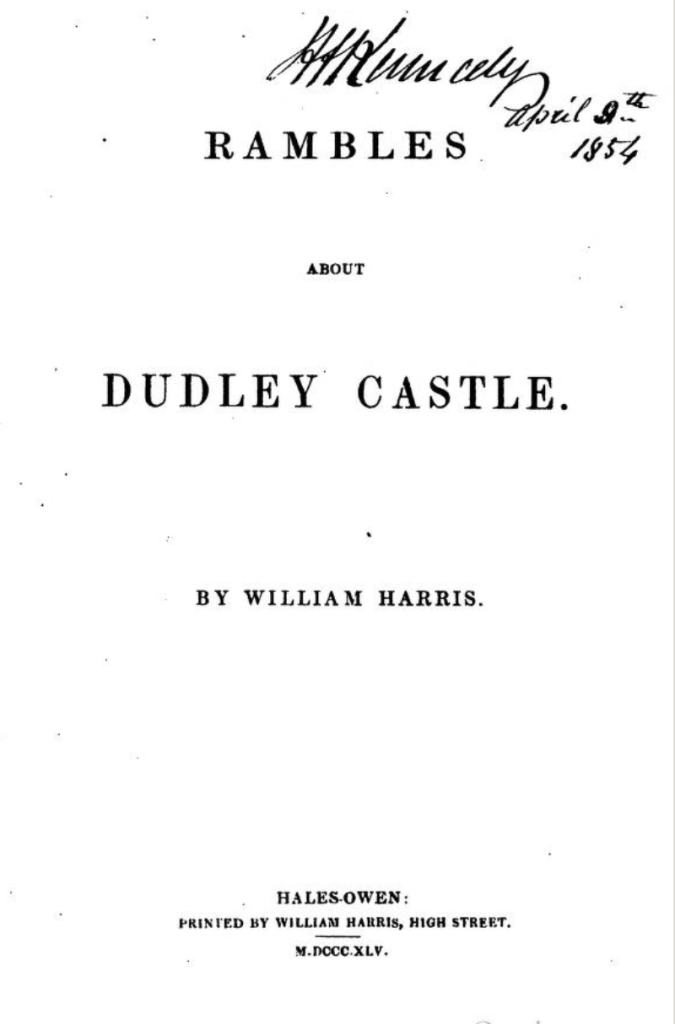
Rebuilding of the castle took place from the second half of the thirteenth century and culminated in the construction of a range of buildings within the fortifications by John Dudley. The fortifications were slighted by order of the Parliament of England during the English Civil War and the residential buildings destroyed by fire in 1750. In the nineteenth and early twentieth century the site was used for fêtes and pageants. Today Dudley Zoo is located on its grounds.
Its location, Castle Hill, is an outcrop of Wenlock Group limestone that was extensively quarried during the Industrial Revolution and which now, along with Wren’s Nest Hill, is a scheduled monument of the best surviving remains of the limestone industry in Dudley. It is also a Grade I listed building. Localized structural problems lead to it being placed on Historic England’s Heritage at Risk register in 2020.
The Dudley Tunnel runs beneath Castle Hill, but not the castle itself.
Dudley Castle Demolished on Orders of Henry II of England (March 31, 2023)
The Luce Foundation Center for American Art at the Smithsonian American Art Museum in Washington D.C. was established in 2001 with a $10 million grant from the Henry Luce Foundation.[5] It features over 3,000 artworks on display.
Luce Center for American Art at Smithsonian Museum in Washington (March 31, 2023)
[draft]
The Henry Luce III Center for the Study of American Culture at the New-York Historical Society was named after Luce’s son Henry Luce III. It opened in 2002 and houses treasures like a collection of Tiffany lamps.
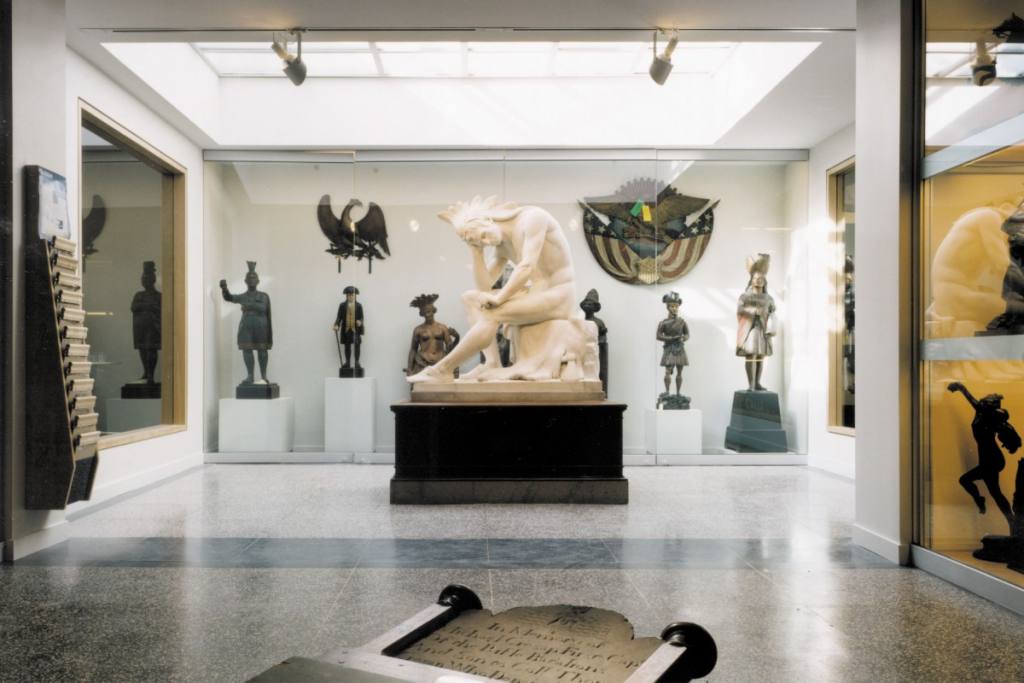
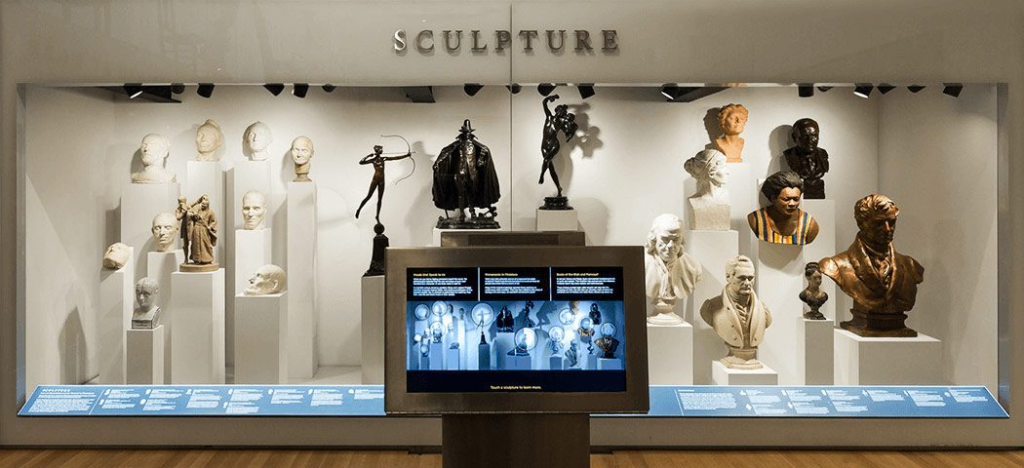
In April 2017, the New-York Historical Society unveiled the revamped Henry Luce III Center, including the North Gallery, the Tiffany Gallery and the nation’s first Center for Women’s History.
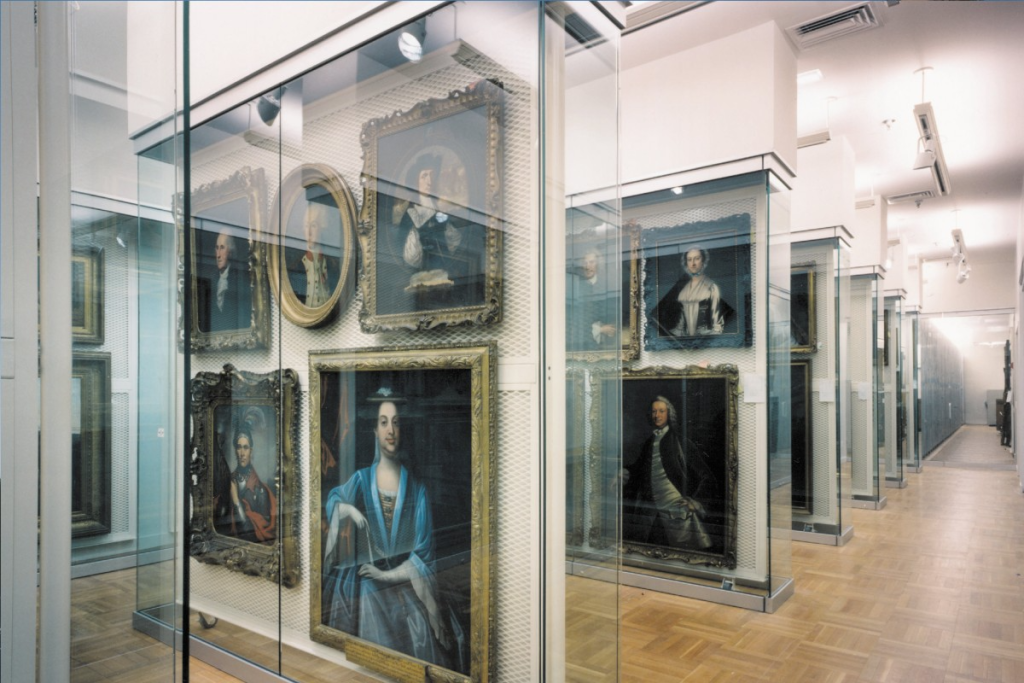
b+r worked closely with N-YHS to conceptualize the 17 interactives and 5 stand-alone videos in the North and Tiffany Galleries that would strike a chord with visitors and deepen their understanding of the artifacts, driving home the North Gallery’s overarching theme: “Objects Tell Stories.”
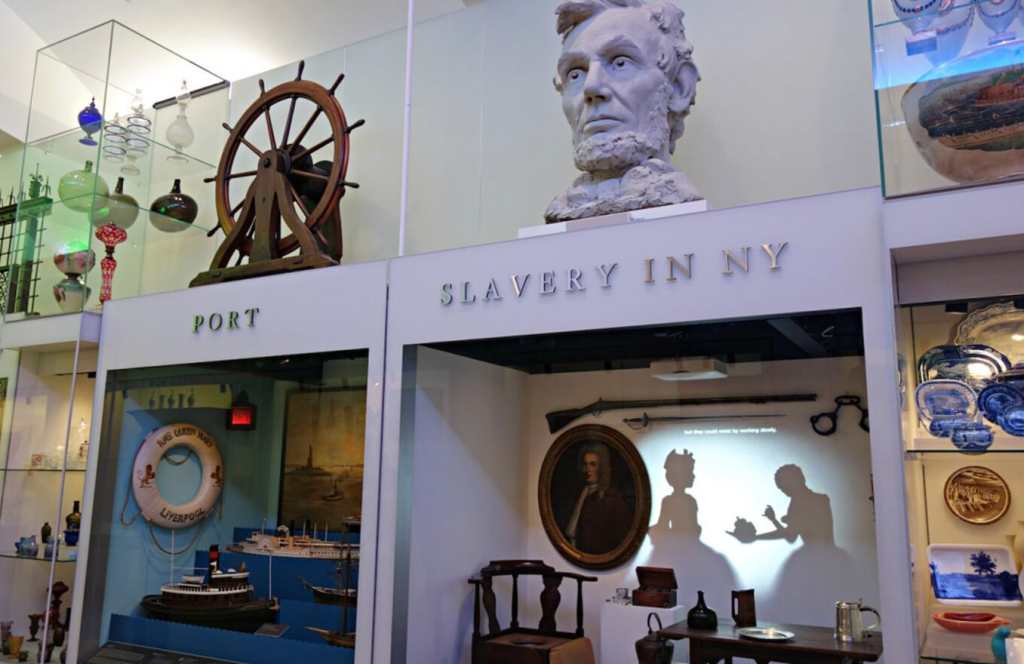
Videos bring to light the deadly 1863 Draft Riots, the little known story of slavery in colonial New York, and the work of master craftsman Duncan Phyfe, while touchscreen interactives allow visitors to learn about graffiti and New York in the 1970s and how the gridded street pattern came to be in New York City.
Interactive tablets placed around the galleries highlight the museum’s extensive collection and bring objects to life through original film shoots including a white glove shoot, video and audio interviews, 3D object photography, and supplemental material from archives and libraries around the world.
Henry Luce III Center for Study of American Culture at New York Historical Society (March 31, 2023)
[draft]
Luce Hall at the Naval War College in Newport, Rhode Island is named after Rear Admiral Stephen B. Luce, the founder and first president of the Naval War College.[1] It was the first purpose-built building for the college, completed in 1892 in a Flemish architectural style.
Luce Hall served as the main administrative building for the Naval War College from 1892 until 1974. It originally housed officers’ quarters, classrooms, library, and administration. The building was designated a National Historic Landmark in 1964 and listed on the National Register of Historic Places in 1972.
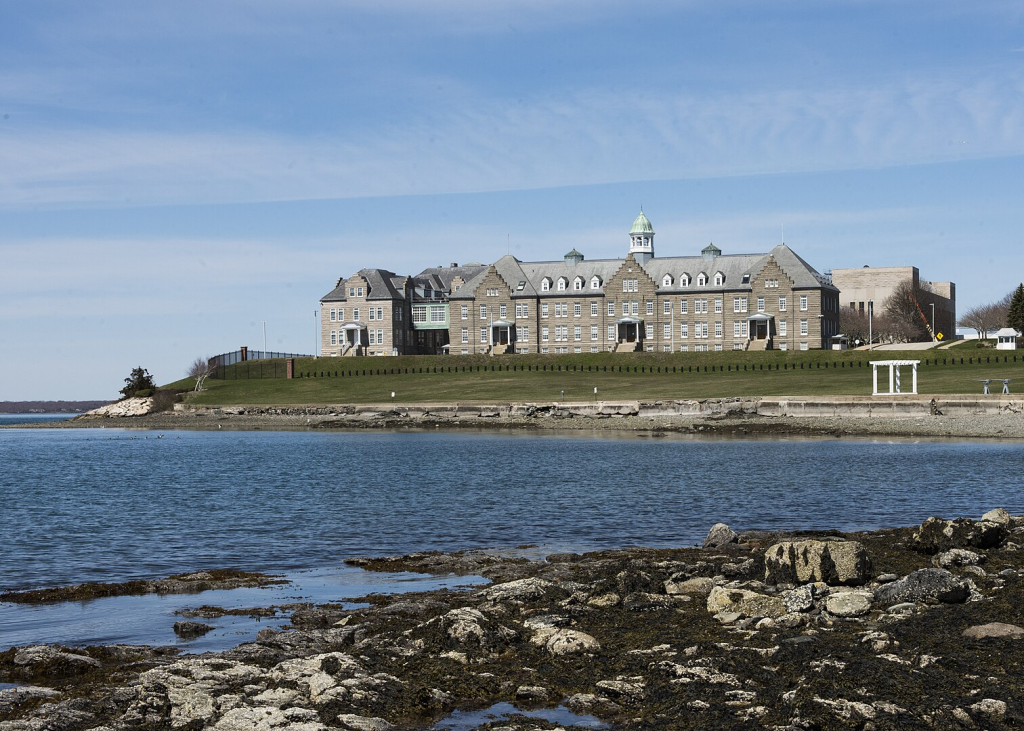
U.S. Naval War College Luce Hall
Photo of the U.S. Naval War College Luce Hall on Naval Station Newport, R.I., May 20, 2020. U.S. Navy Photo by Jaima Fogg/Released
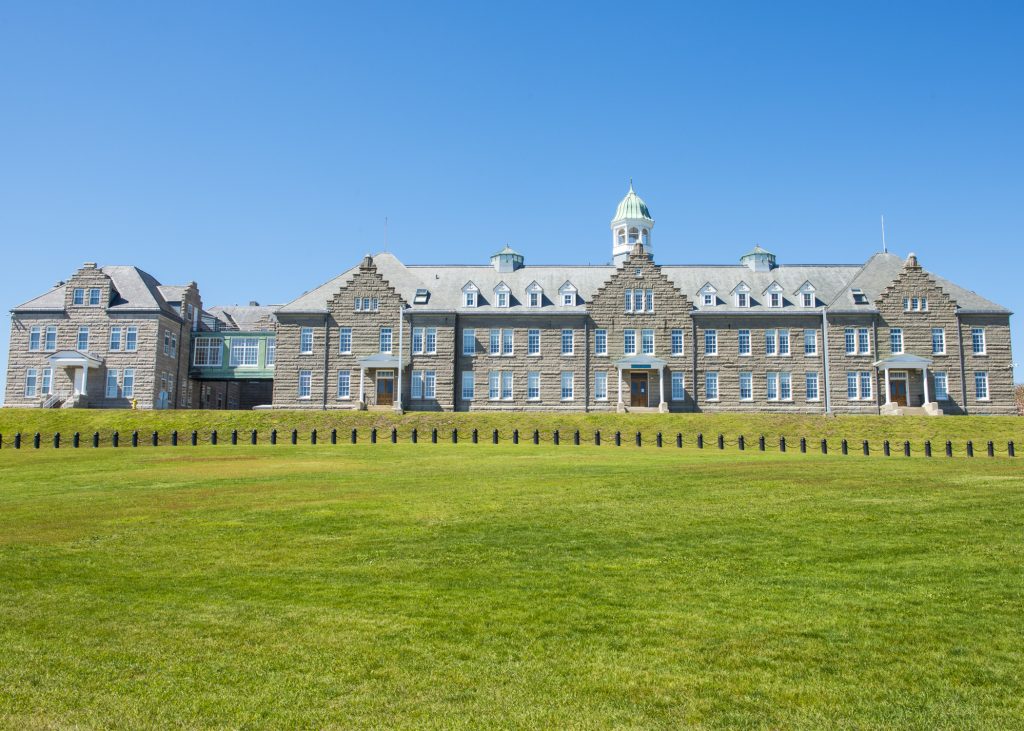
Download Image: Full Size (1.24 MB)
Tags: NWC, Naval Station Newport, Navy, Education, Rhode Island, U.S. Naval War College
Photo by: Jaima Fogg | VIRIN: 200520-N-WD117-1013.JPG
Rear Admiral Luce established the Naval War College in 1884, recognizing the need for an institution dedicated to advanced study of warfare and naval tactics.[3] His vision laid the foundation for over a century of professional military education at the college.[3]
Sources
[1] Luce Hall – Wikipedia https://en.wikipedia.org/wiki/Luce_Hall
[2] Naval War College – Wikipedia https://en.wikipedia.org/wiki/Naval_War_College
[3] History & Campus – U.S. Naval War College https://usnwc.edu/About/History-and-Campus
[4] The Naval War College, 1946 | Proceedings https://www.usni.org/magazines/proceedings/1946/october/naval-war-college-1946
[5] Naval Namesakes: Luce Avenue http://navalwarcollegemuseum.blogspot.com/2011/07/naval-namesakes-luce-avenue.html
Stephen B. Luce Hall at the Naval War College in Newport (March 31, 2023)
Photo: Henry Luce Chapel on the Mae Kao Campus of Payap University in Chiang Mai, Thailand.
Chiang Mai, Thailand. The Henry Luce Chapel on the Mae Kao Campus of Payap University in Chiang Mai is, as it was planned to be, the identifying structure of the university. The chapel was constructed with a generous comprehensive grant from the Henry Luce Foundation at the urging of the United Board for Christian Higher Education in Asia (UB), also a major beneficiary of Luce funding.
One stipulation of the grant was that the university must choose from a list of architects of international renown provided by the foundation. For example, Tunghai University in Taiwan chose I.M. Pei. Payap University requested the services of Ed Sue Associates of Oakland, California, based on his experience in Asia, including his accomplishments in Hong Kong and a year he spent in Thailand as a teaching volunteer at Bangkok Christian College. Ed was told that the building should clearly be “Christian and Thai.”. He succeeded in designing a chapel that is “Christian and modern”.
From 1974 to 1983 Payap College was located on two in-town campuses. During that time undeveloped land was acquired east of the city through a grant from the American Schools and Hospitals Abroad program of U.S. Aid for International Development of the United States State Department.
As that land and four buildings were being readied for occupancy, Dr. Amnuay Tapingkae, first President of Payap (1976-1985), learned of the Luce Foundation program to provide chapels for UB institutions. Dr. Konrad Kingshill, Vice President for Development, was assigned to work with Ed Sue to see the construction through to competition. The move to the Mae Kao campus, completion of the Luce Chapel, and Payap College’s elevation to university status all happened in 1983-4.
The main features of Ed Sue’s design were energy efficiency, flexible utility, classical elevation of attention upward, and a sense of community intimacy reflecting the theological mood of the 1970s. However, the building, Ed told us, was also to evoke the image of a lotus on a lotus pond. The chapel was built in the middle of a small pond, accessible by an imposing bridge. Ed insisted that accomplished the mandate to make the chapel “Thai.”
The chapel was made of concrete pillars and pilings that managed to be both substantial and spacious. From the outside the main feature is the roof and a steel and glass tower suggestive of a spire surmounted by a tall cross. In fact the entire structure was attached to a pyramid of four massive concrete beams meeting high overhead in the center of the ceiling. A second implied pyramid fractions the roof lines and rationalizes peaks in the cardinal directions.
Seating for 500 is on three sides of an octagon that dissolves into a square in the center. The fourth side, opposite the main doors, is a platform on 2 levels. Seats are on steps descending toward the center. Under each seat, at the back, is a vent so that cooler air from the water below rises up and is deflected through louvers in the tower. Furthermore, walls on 3 sides of the room are simply shutters, allowing maximum ventilation.
Ed’s intention was for there to be little need for air conditioning, artificial lighting during the day, or sound amplification. He succeeded with two out of his three goals. Acoustics are bad inside, since the bowl-shaped pond below and the bowl shaped ceiling above focus outside sound in the chapel. The lower floor is covered with teak parquet. Furnishings, including pews, are teak.
The heaviness of the stark concrete beams is mitigated by substantial lighting fixtures of teak that seem to float in mid-space, repeating the horizontal lines of the teak seats and horizontal alignment of the shutters all around the walls. The visual effect is white vertical lines and ceiling leading upward to a clear glass tower with a view of heaven above, and earthy-brown horizontal lines on three planes.
Furniture consists of the pews attached flat to the concrete steps, a large pulpit and smaller lectern, and a communion table, all of teak. The “chancel” furnishings are moveable to allow for various arrangements, depending on occasion.
Mrs. Josephine McLean, an artist from New Zealand who spent a decade with her husband at Payap, designed bas-relief wood carvings for the pulpit and lectern and for a pair of double front doors, each with a set of traditional symbols with Thai flavor, representing the four Gospels.
The first worship service in the chapel was in 1984. It was refurbished last year, after thirty years of use, by a grant from the Henry Luce Foundation.
Henry Luce Chapel on Mae Kao Campus of Payap University, Chiang Mai, Thailand (May 31, 2023)